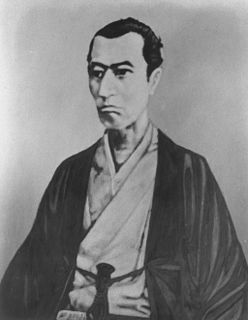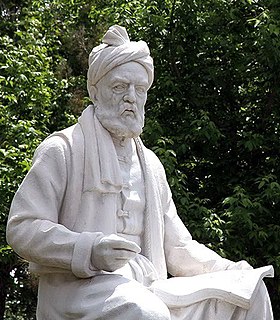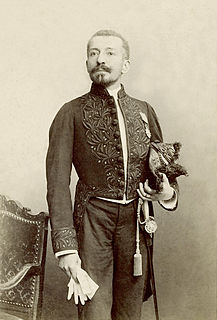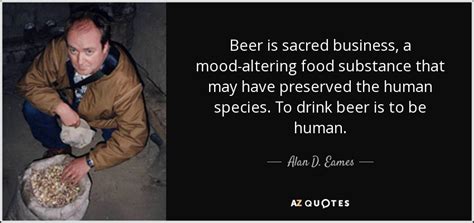A Quote by Lucy Ellmann
Men like war: they do not hold much sway over birth, so they make up for it with death. Unlike women, men menstruate by shedding other people's blood.
Related Quotes
Death is too much for men to bear, whereas women, who are practiced in bearing the deaths of men before their own and who are alsopracticed in bearing life, take death almost in stride. They go to meet death--that is, they attempt suicide--twice as often as men, though men are more "successful" because they use surer weapons, like guns.
A man is not merely a man but a man among men, in a world of men. Being good at being a man has more to do with a man’s ability to succeed with men and within groups of men than it does with a man’s relationship to any woman or any group of women. When someone tells a man to be a man, they are telling him to be more like other men, more like the majority of men, and ideally more like the men who other men hold in high regard.
If a general and his men fear death and are apprehensive over possible defeat, then they will unavoidably suffer defeat and death. But if they make up their minds, from the general down to the last footsoldier, not to think of living but only of standing in one place and facing death together, then, though they may have no other thought than meeting death, they will instead hold on to life and gain victory.
It's true that in a lot of western feminist movements, you see women working singularly from men. Suffragettes and the women's rights movement in the 60s here, but when I think of the Islamic feminist movement, I think of a lot of men who are very much standing with the women. It really feels like in equal numbers. Women are catching up in the field because we were not given access to knowledge and encouraged into these studies and so these men are helping us and empowering us. They are men of conscience who are fed up with this assumption that they're entitled.
Fathers' sharing in the birth experience can be a stimulus for men's freedom to nurture, and a sign of changing relationships between men and women. In the same way, women's freedom to give birth at home is a political decision, an assertion of determination to reclaim the experience of birth. Birth at home is about changing society.
Men create their own gods and thus have some slight understanding that they are self-fabricated. Women are much more susceptible, because they are completely oppressed by men; they take men at their word and believe in the gods that men have made up. The situation of women, their culture, makes them kneel more often before the gods that have been created by men than men themselves do, who know what they've done. To this extent, women will be more fanatical, whether it is for fascism or for totalitarianism.
You know, whenever women make imaginary female kingdoms in literature, they are always very permissive, to use the jargon word, and easy and generous and self-indulgent, like the relationships between women when there are no men around. They make each other presents, and they have little feasts, and nobody punishes anyone else. This is the female way of going along when there are no men about or when men are not in the ascendant.







































